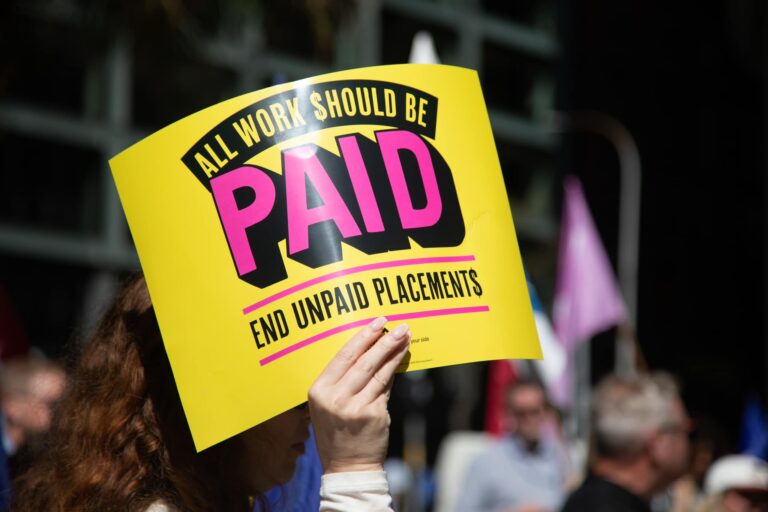
New policy, same homeless story
The much-ignored State Environmental Planning Policy No. 10 (SEPP 10) – retention of low-cost rental accommodation – was repealed this month and evolved into a new policy.
Formerly, any work on boarding houses and low-cost rentals required concurrence by the Department of Planning and local government to stall the gentrification of marginally homeless from (usually inner-city) communities they were attached to. Changes will incorporate this, where development consent is based on alternate accommodation being available in the area.
Over the last financial year, the Planning Department received 88 referrals on this policy, 78 of which received concurrence. In many other cases, the policy was ignored.
A case in point is a former boarding house on 27 Roslyn Street, near Kings Cross. Effie Kremetis, Trustee of the Kremetis Family Trust, paid $970,000 for it; it has been “newly reinterpreted” and is now selling for $2.1 million.
Renovations commenced last year, rendering it almost unlivable for the five boarders. Two stayed – a mentally ill man and a cancer patient.
The men claim that on May 16, 2008, the locks were changed on their rooms. They refused the keys offered by Kremetis to an alternate guest house and found crisis accommodation.
The two men took the matter to the Consumer, Trader Tenancy Tribunal but withdrew their claims of returning to Roslyn St after Kremetis gave them financial compensation (although she did not admit to having changed the locks).
Robert Mowbray, of the Older Persons Tenants Service, represented the men at the Tribunal. “They saw little point in returning to a house being demolished around them,” he said.
The only development application lodged with the City of Sydney was in August 2008, which was approved- without state approval – to “carry out repairs and restoration to heritage item due to dilapidated state of building and to continue use as a boarding house,” to the value of $100,000.
City of Sydney Greens councillor Chris Harris said this DA did not go through council, but was delegated to town planners, and said much abuse of SEPP 10 constraints occurred without councillors’ knowledge. “It was ineffective as a piece of legislation to preserve low-cost housing in the city,” he said.
Transitory measures are in place to assess old DAs on old laws- this would apply to 27 Roslyn St.
The new SEPP puts onus on local councils to collect developer levies to pass on to the state, and ensure alternate accommodation is available in localities before renovating boarding houses.
Craig Johnston of Shelter NSW said most of these provisions were a “reiteration of provisions currently contained in the Act, but which [were] basically dead-in-the-water because the Department, minister, or Cabinet went cold on the introduction of an affordable housing SEPP sometime late 2001”.
The new SEPP makes developing affordable housing more viable for property owners, but lays the risk of inflationary pressure on low rents.
A spokesperson for NSW Planning Minister, Kristina Keneally, said: “Overall, the Department believes the Affordable Rental Housing SEPP to be a major help in maintaining and increasing affordable rental housing stocks in inner Sydney.”
Sue Thomas, Tenancy Advocate at Redfern Legal Centre, said: “We are seeing a shortage of boarding houses, particularly in desirable areas, as developers move in and cash them in. The homeless don’t have a voice.”
– By Matt Khoury









